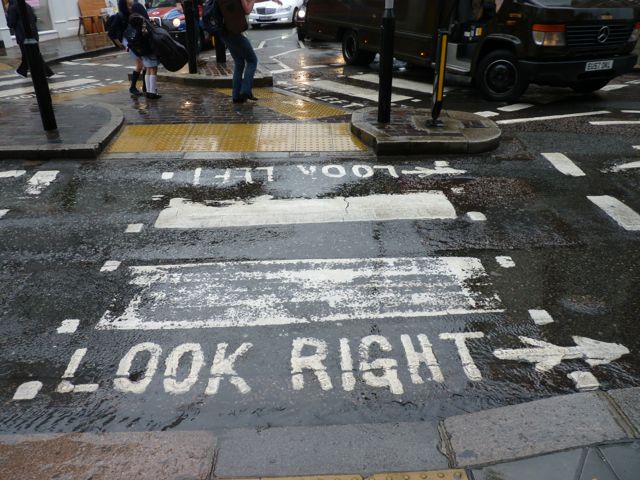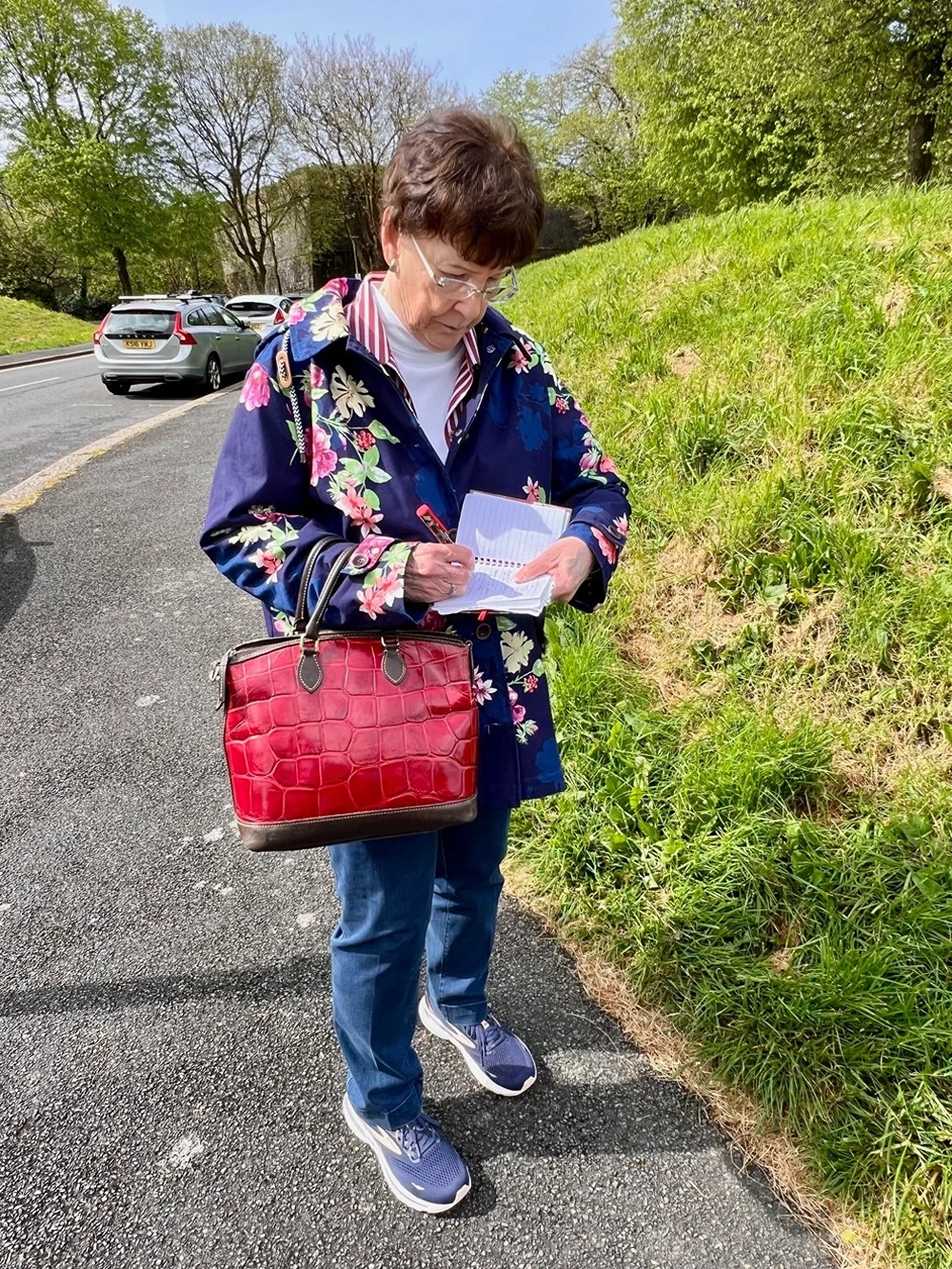When George Bernard Shaw called the Americans and the English “two peoples separated by a common language,” he was intending to be funny, since many differences persist in what is considered to be the same tongue. In The Witness, the American protagonist, Jennifer Jeffries, finds those differences difficult. Following a brutal assault in London, she is placed in witness protection by the Metropolitan Police. She is far from her country, her culture, her family; indeed, she is far from everything that is familiar to her.
The British police protect her because they need her testimony against her attacker. Her physical injuries are severe — at first she cannot even walk unaided — but a civilian nurse is not provided for her. Instead, a stern ex-special-forces medic now police officer, tends to her wounds. She is afraid of him. Her recovery is slow and painful.
All the protection officers, their commitment to their duty notwithstanding, are strangers. Their presence intimidates her. Their weapons remind her of her danger. Their accents compound her sense of isolation. Even their expressions confuse her. If someone is “calling by,” is he calling or coming over? Why do they call dessert “pudding” when it doesn’t look like custard? They call the apartment a “flat.” Is that because their lives are as deflated as hers? She has never heard of the places and personalities mentioned in the newspapers. Weather forecasts are given in degrees Celsius, so she is even unable to determine what conditions are like outside the place where she is hiding.
A college graduate with a degree in English literature, she is accustomed to intellectual challenges. The situation in which she finds herself, however, calls for a different kind of intelligence. Can she heal emotionally in these circumstances? Can she find the strength and courage to testify in a British court against the man who nearly killed her? Can she rebuild her life when her fear never seems to wane?


